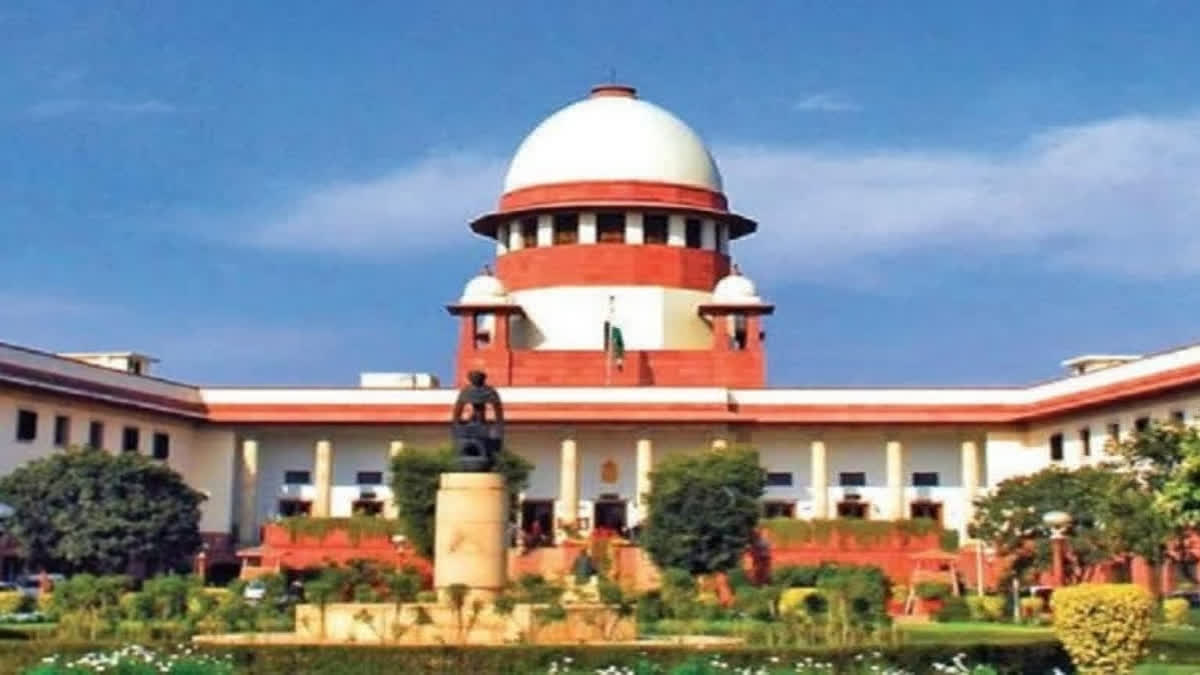New Delhi: The Supreme Court, citing the Bilkis Bano case, has said that the state, where the offence was committed, will consider the remission plea of the accused instead of the state where the trial was transferred. The apex court passed the order while considering a plea by an accused in the murder of poetess Madhumita Shukla, who moved the apex court claiming that the Uttar Pradesh government has proper authority to consider his plea for premature release, after Uttarakhand where the trial was transferred by the top court, rejected his plea.
It may be recalled that the poetess was found murdered at her River Bank Colony residence in Lucknow on May 9, 2003. In 2007, a special Dehradun court gave a life sentence to former Uttar Pradesh minister Amarmani Tripathi and his wife Madhumani for murdering poetess Madhumita Shukla. Co-accused Santosh Rai and Rohit Chaturvedi have also been awarded life sentences.
A bench comprising justices Aniruddha Bose and Augustine George Masih noted that petitioner, Rohit Chaturvedi, had been convicted under Section 120-B read with Section 302 of the Indian Penal Code 1860, by the special judge, Dehradun, and the offence in connection with which he was tried had occurred in Uttar Pradesh.
The trial in the case was transferred from Uttar Pradesh to Uttarakhand by an order passed by the apex court on February 8, 2007. The High Court of Uttarakhand subsequently confirmed the judgment of conviction and the order of sentence at Nainital on July 16, 2012. The apex court in November 2013, dismissed a special leave petition filed by the accused challenging the High Court's judgment.
The bench, in its order passed on December 15, noted that the petitioner wants his plea for premature release in terms of the remission policy formulated under Section 433 of the Code of Criminal Procedure, 1973, to be considered. “It appears that the prayer for remission was originally made before the Union of India and the same was sent to Uttarakhand. Uttarakhand has examined the issue and rejected his plea. The point now being raised by the petitioner is that the Government of Uttar Pradesh would have been the proper authority for considering the remission plea as the offence had occurred within that State," noted the apex court, in its order.
Citing Bilkis Bano case, the apex court said, “This appears to be the position of law, as enunciated by a coordinate bench of this court in the case of Radheshyam Bhagwandas Shah @ Lala Vakil vs State of Gujarat and another (2022)."
The apex court said that this being the position of law, the entire exercise conducted by Uttarakhand appears to be without jurisdiction and hence, not sustainable under the law. “We, accordingly, direct that the remission plea, which was filed by the petitioner-convict be sent to the Home Secretary, Uttar Pradesh by Uttarakhand.
This shall be done within three weeks from the date. After that, Uttar Pradesh shall examine the question and decide within eight weeks, said the apex court. The apex court, while disposing of the plea, said Uttar Pradesh would consider the plea without being influenced in any manner by the order passed by Uttarakhand and any observation made therein.



